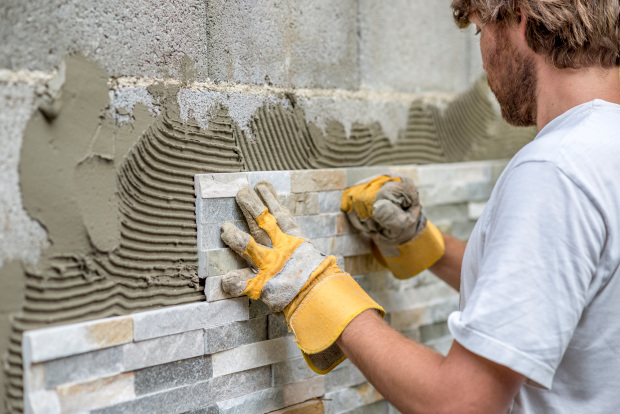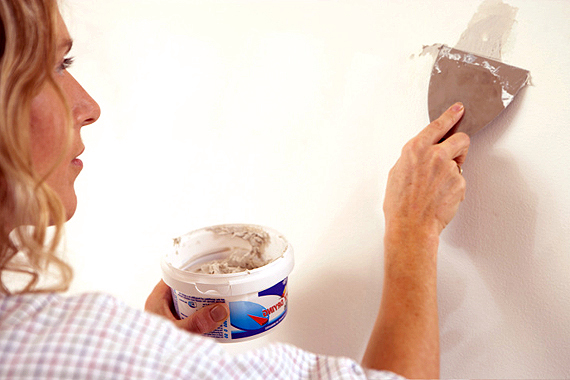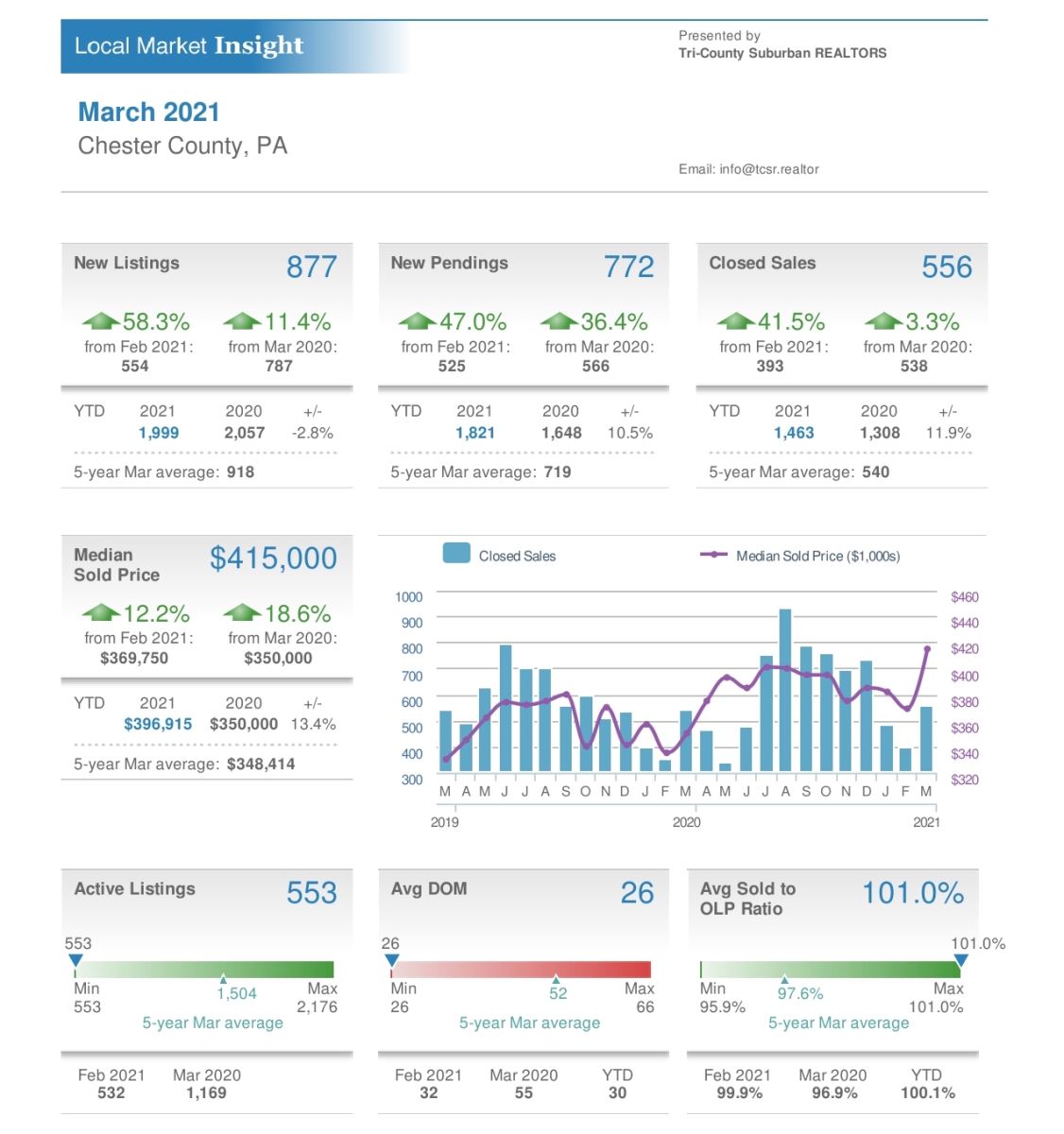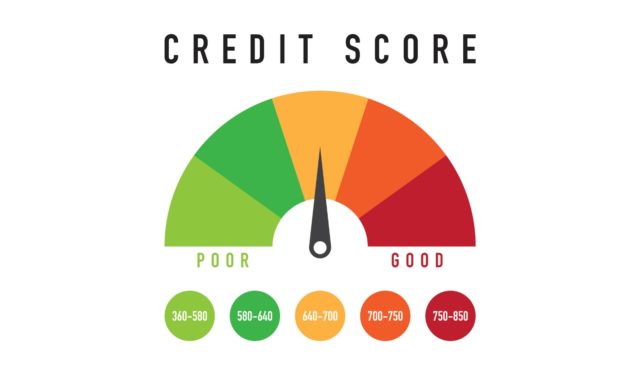Should You Tint Your Home's Windows?
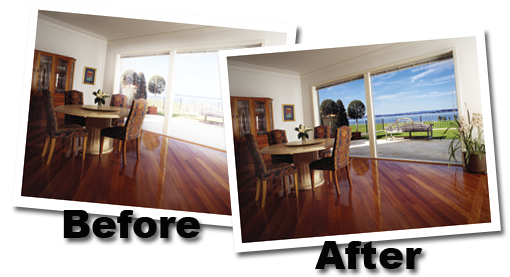
Window tinting, or filming, can be a budget-friendly way to take your home’s windows to a higher level of energy efficiency, especially if it is not in the budget to upgrade all the windows in your home. Learn more about this alternative to new window installation:
-
- Window film comes in three types: decorative, privacy, and solar.
-
- Decorative films are just that--for aesthetics. They are not necessarily energy efficient.
-
- Film in the privacy/security category is made of a thicker material than decorative, and its purpose is to keep prying eyes out of your home, as well as help keep glass together in case of breakage.
-
- Solar film is made in different ways, but the sole reason homeowners have it installed is to reflect or absorb UV rays. Some more costly films will work both ways--reflecting and absorbing UV rays--so your home and energy bills benefit from the changing temperature needs of your home.
-
- Other varieties include removable/reusable film, semi-permanent, and permanent. Your window’s film/tint depends on the type of window and needs you may have. Learn more with a free e-book from the International Window Film Association.
-
- Many electric companies offer a rebate when a homeowner installs energy-saving window film. There is also a federal tax credit for making your home more energy efficient!
-
- Added benefits to using window film in your home’s windows are protecting furniture, carpets, draperies, and even wood flooring from the damaging long-term effects of UV exposure.
-
- In case you have newly installed windows, check your paperwork, or call the manufacturer, as adding window film to the glass can void the warranty.
-
- Window film is available at home stores and online, and there are many DIY instructions online, so it can be done yourself. Application does require some patience; if done in a hurry, you can leave unsightly bubbles throughout the film or uneven trim around the window glass. When hiring a pro for this job, you may receive added protection from some film manufacturers with an offer of a lifetime warranty on their product when it is professionally installed.
-
- When purchasing the type of film, you want to apply to your windows, make certain the product is certified by the National Fenestration Rating Council.
Protecting your belongings and energy consumption from the effects of the sun’s rays coming into your home can be taken care of with window film, but again, make sure the correct type is installed. Whatever your reason for applying film to your windows, rest assured it is a less expensive process than installing all new windows and can even be more cost effective when it comes to making your HVAC system use less energy.
Courtesy of Chester County PA Realtor Scott Darling.
Photo credit: Green Valley Window Tinting

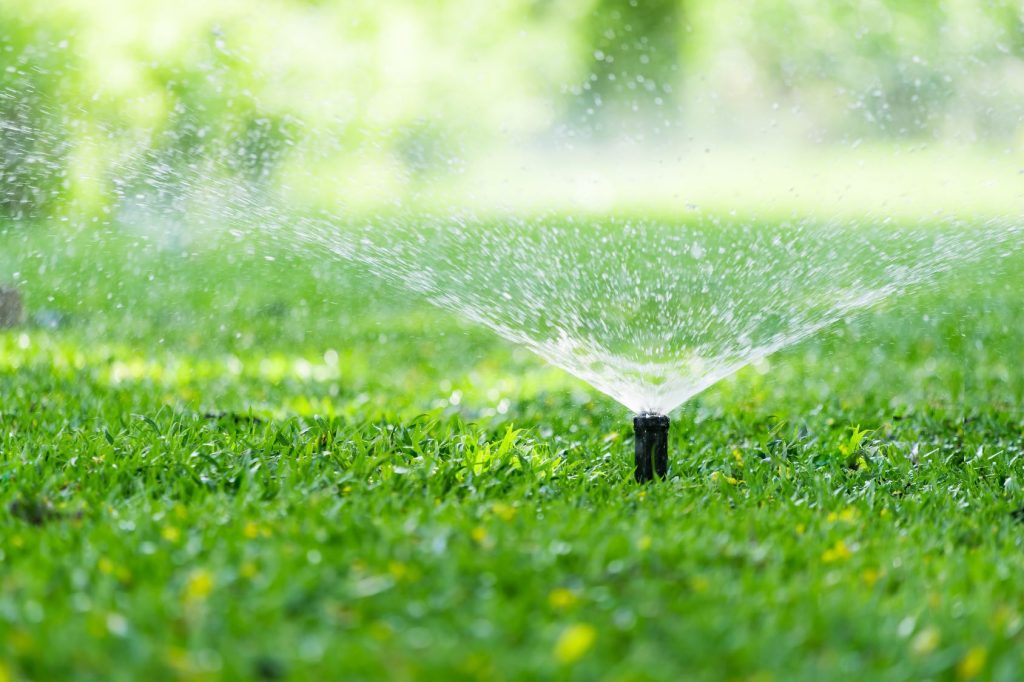
.jpg)
